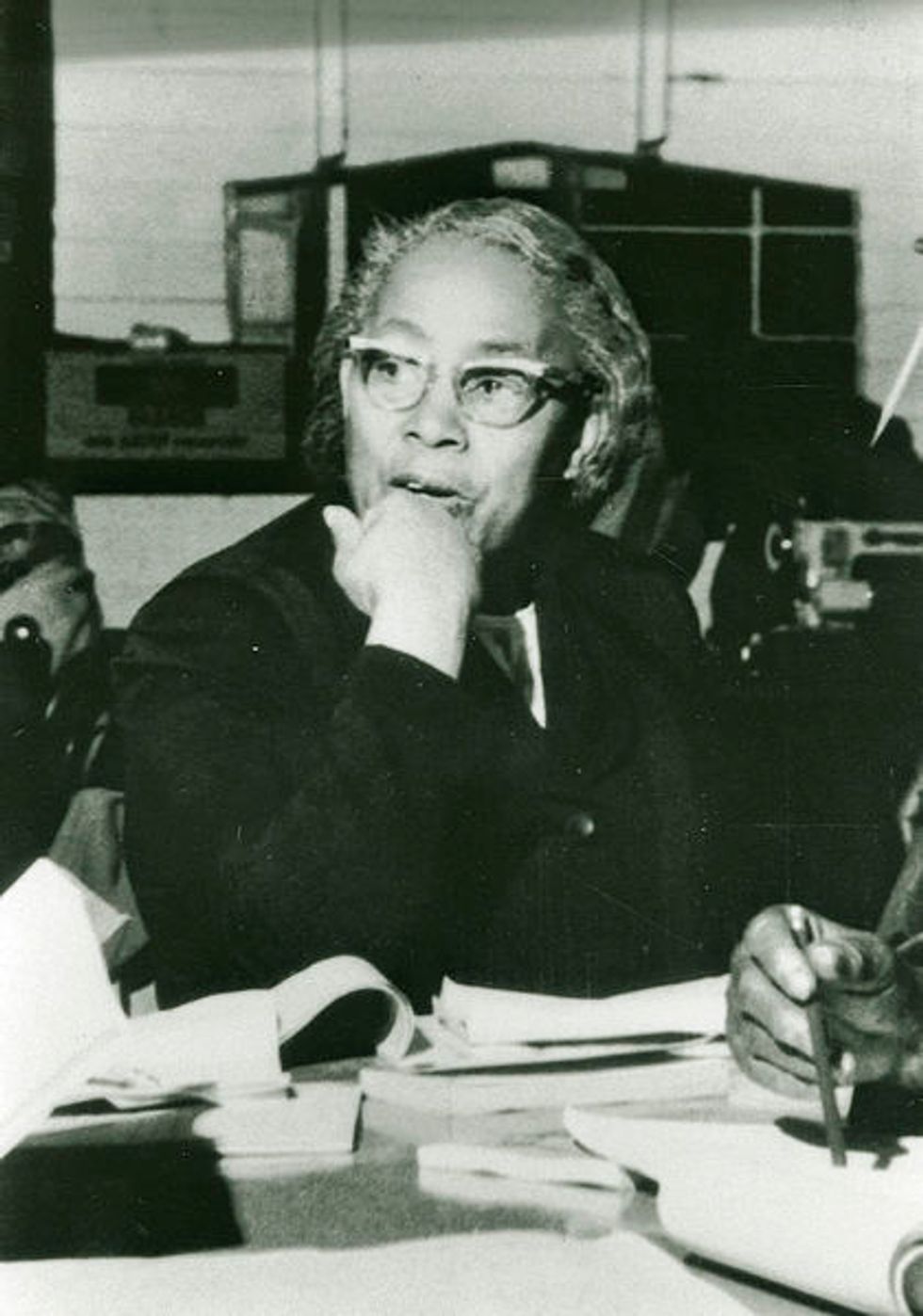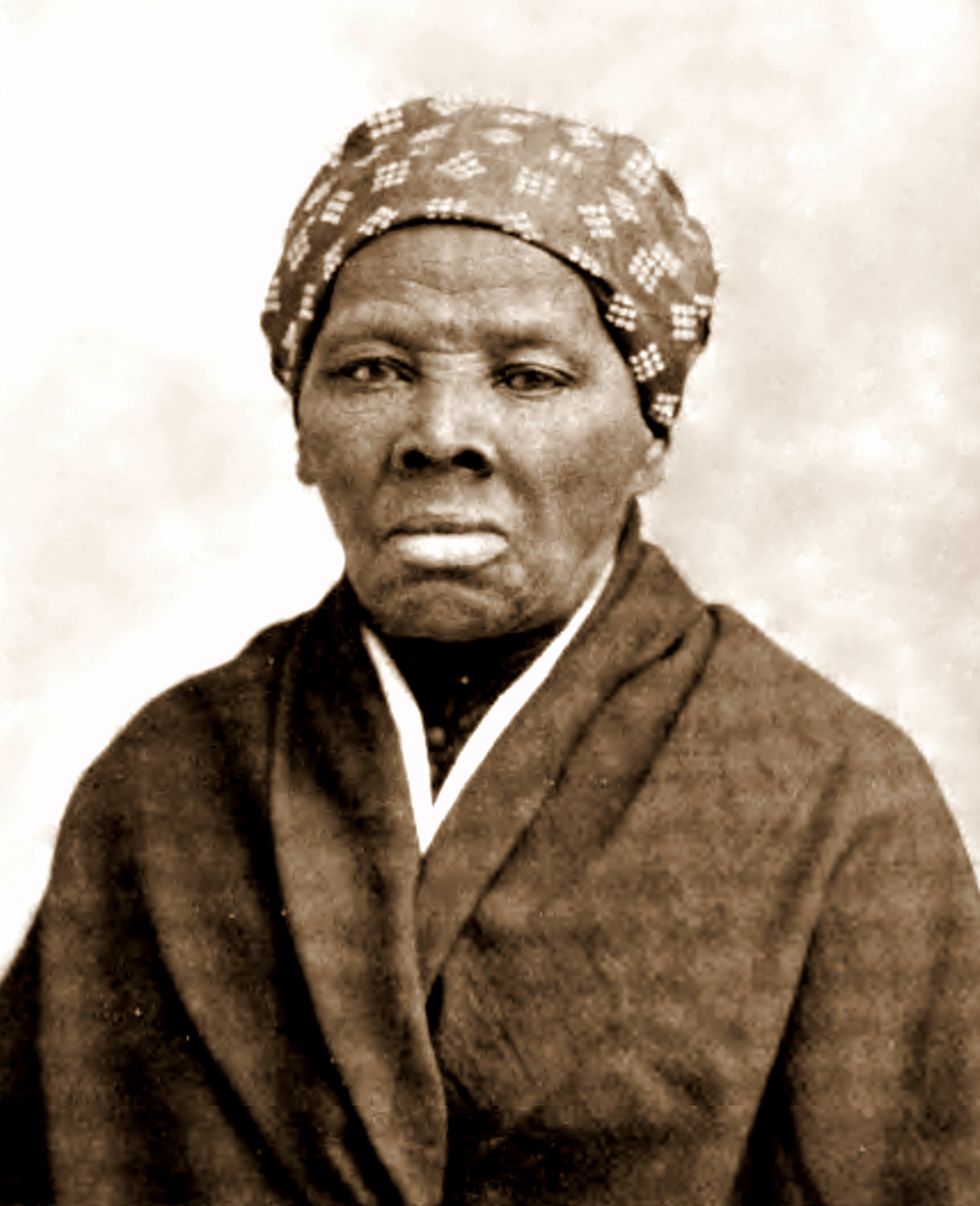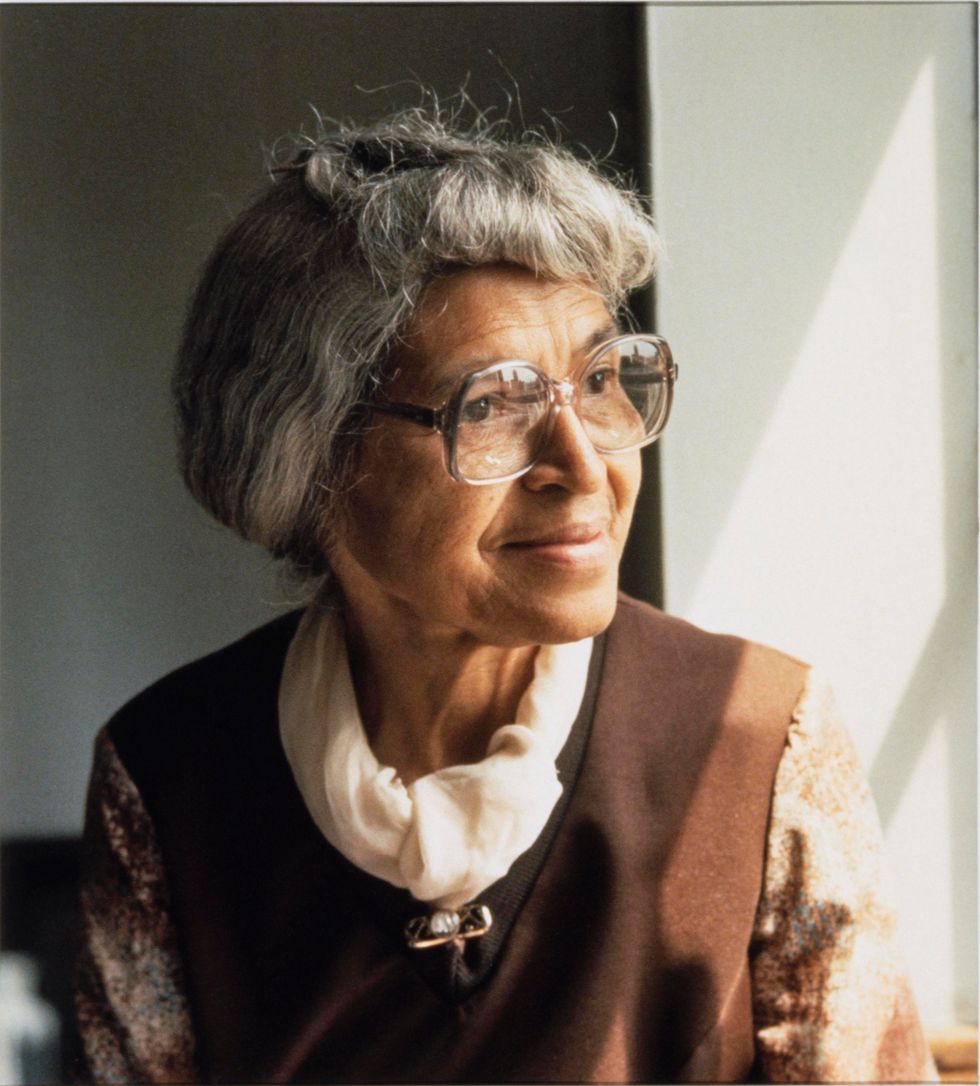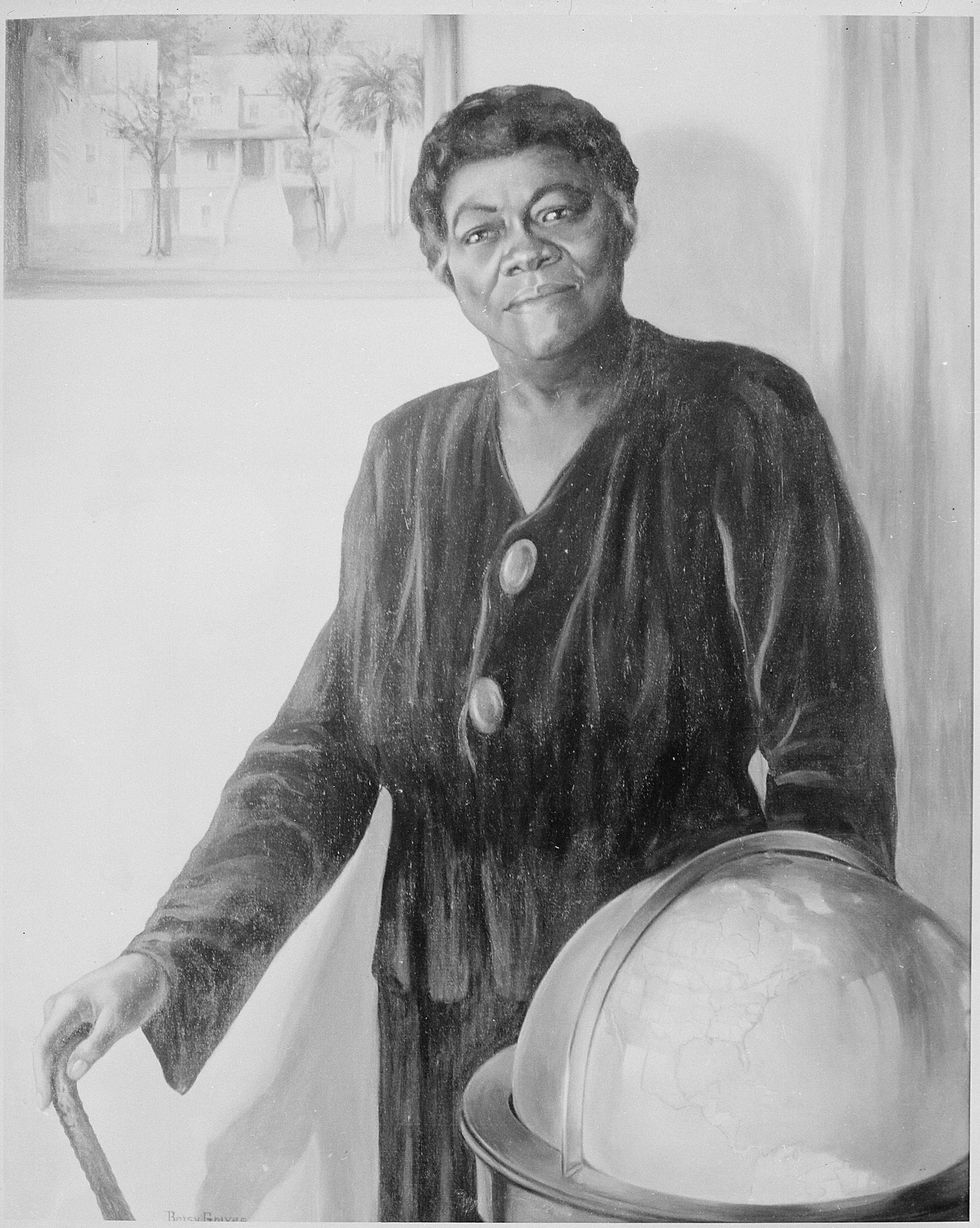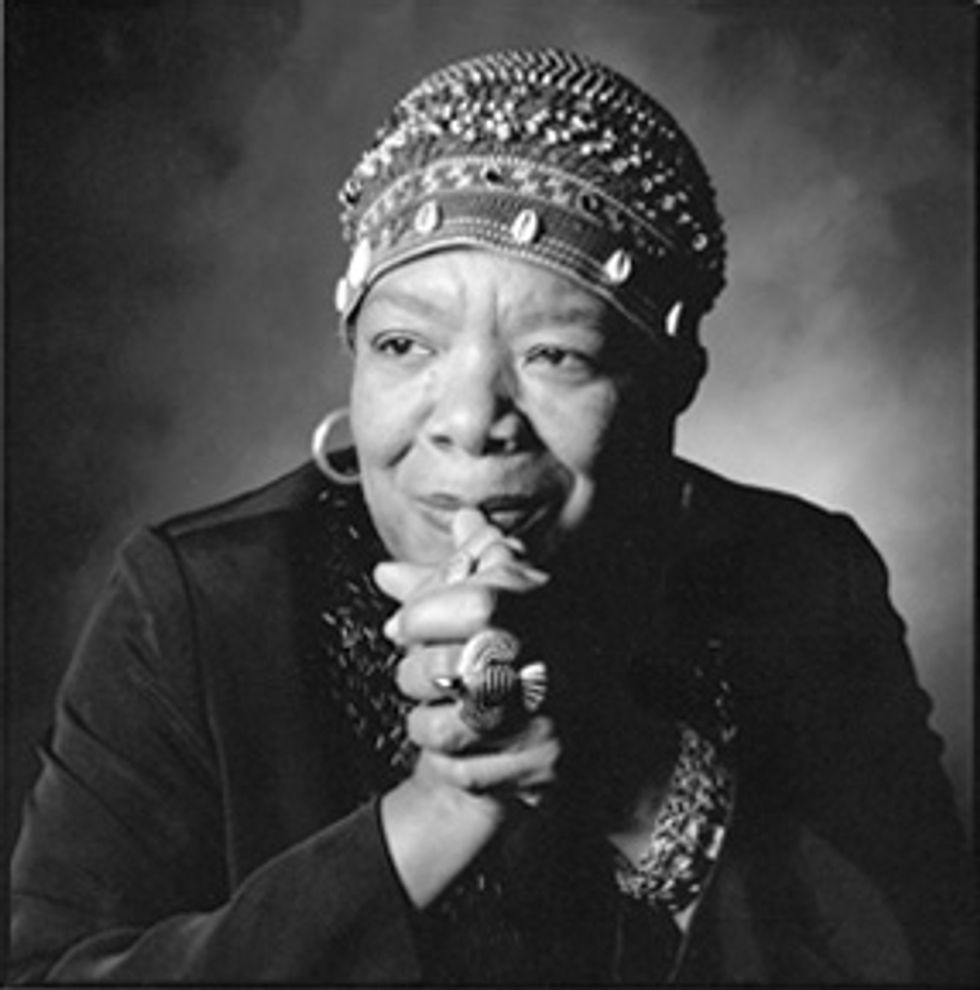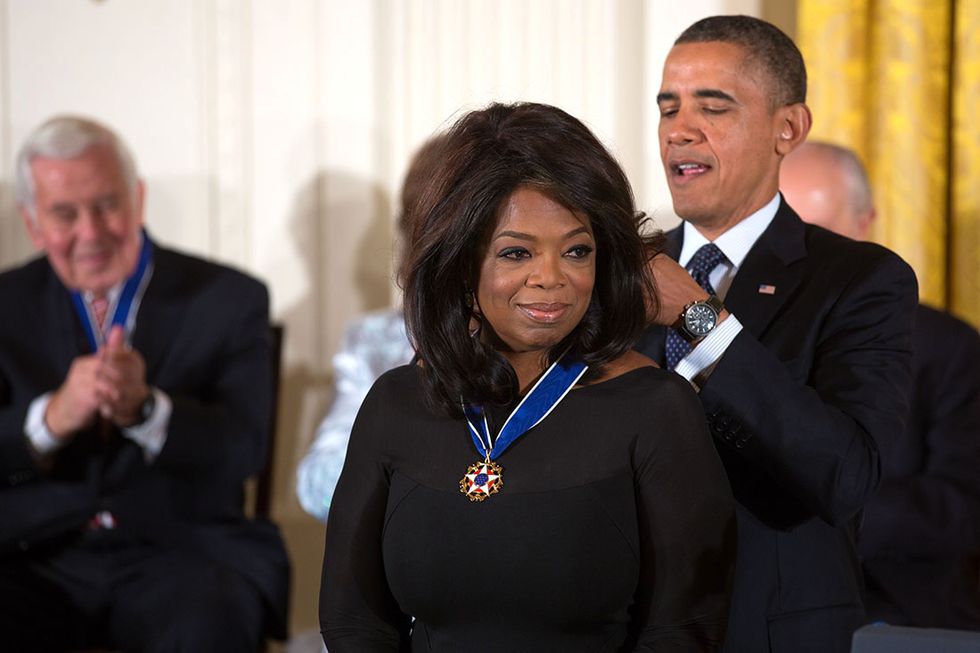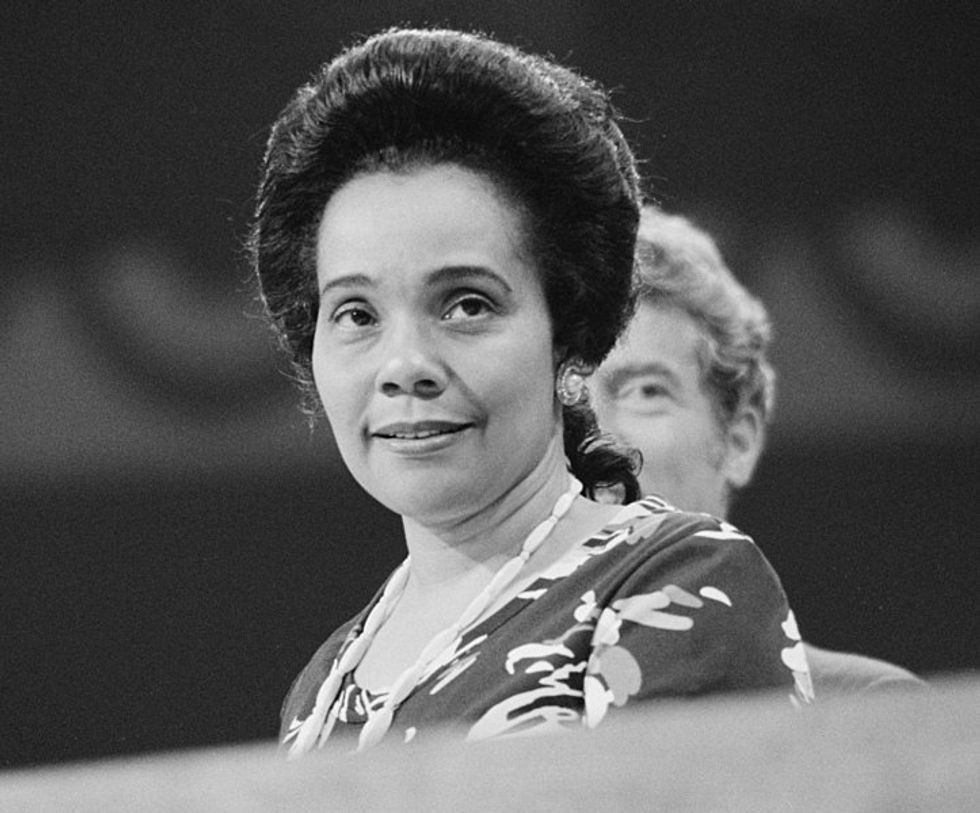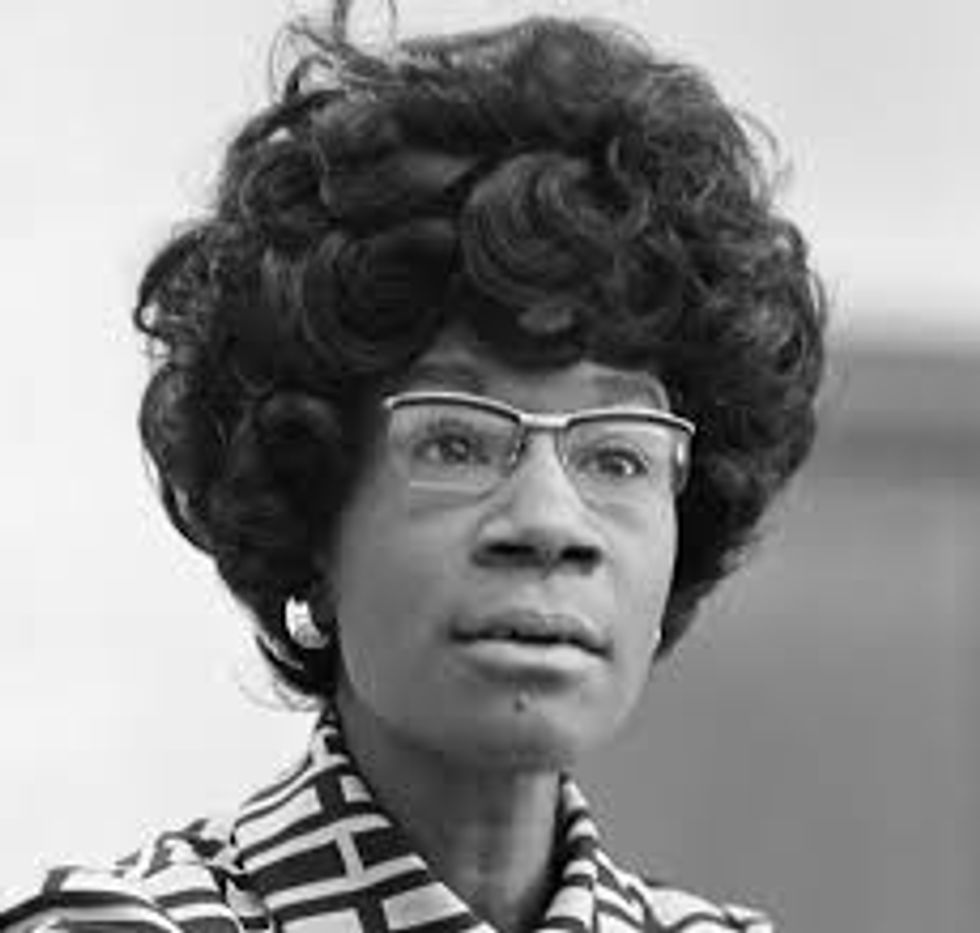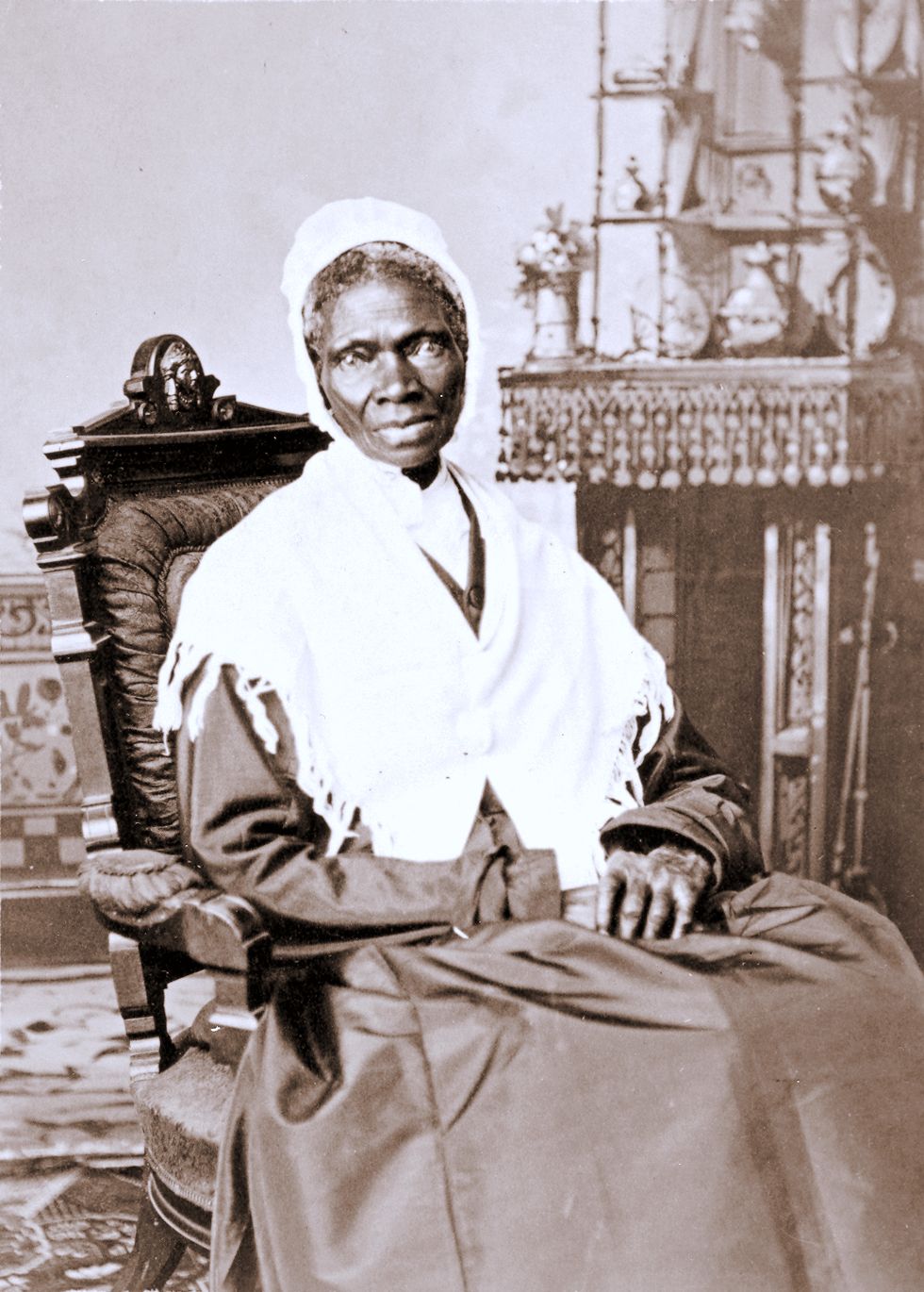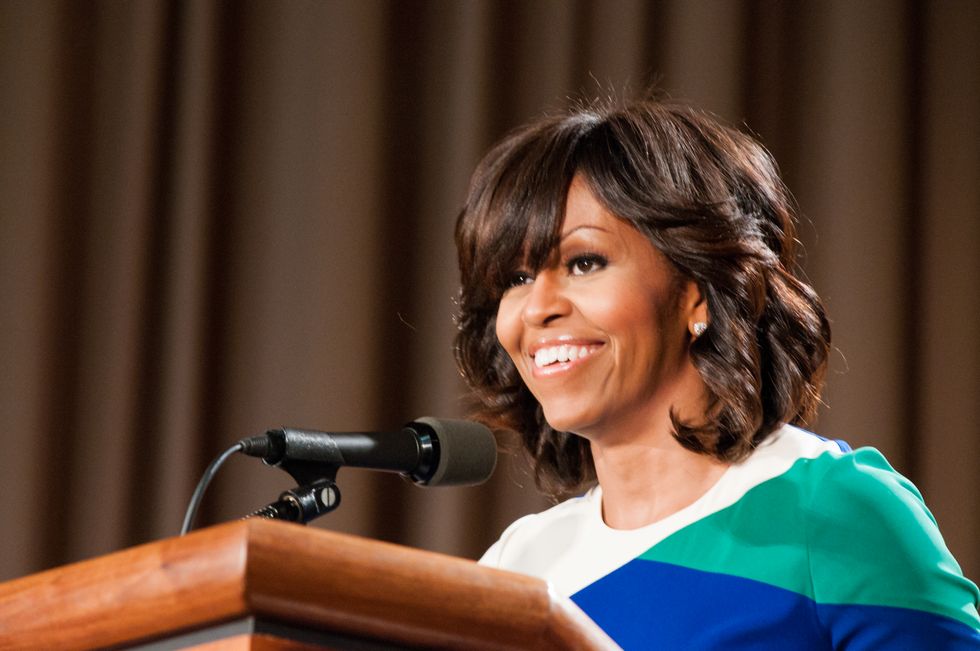In history, women have been regarded as inferior to man. Women have been restricted to domestic work and the easiest of jobs due to our "weakness" and dependability on man to support us. As a result, stereotypes that undermine the power women can hold have formed. Although suffocating, these beliefs only intensify when addressing black women, who have had to deal and fight against their own discrimination as well discrimination due to the color of their skin.
It's not only important for us to recognize the advancements we have made as a society, from believing in these generalizations of women being weak, unable to hold an education and so forth to today, where women are almost equal to man no matter which color their skin is. Where we have come today couldn't be possible without individuals rising up to take that first step to change. So, in honor of Black History Month, here are 13 black women whose actions changed the course of history.
1. Septima Clark (1898 — 1987)
Originally a lawyer and teacher, Septima Clark became a beacon for citizenship education by starting a grassroots campaign, earning her the title of the "Mother of the Movement." Her participation in equality between the blacks and whites led to the equality of pay between the two races for teachers in South Carolina. This was a major feat, as during this time the black race were still regarded and seen as inferior to the whites, no matter the gender.
To have both races equalized in pay promoted the equalization of the races, suggesting that the blacks were on the same social level as the whites. Even as the state passed a legislation banning civilians to belong to civil rights organizations, Mrs. Clark quit her teaching career of 40 years to dedicate all her time towards total equalization and social justice. Today, we can happily say her work payed off.
2. Harriet Tubman (1822 — 1913)
The time of slavery was the peak of discrimination and hatred towards the black community in the South. Blacks were assigned slave work, plowing the plantations fields for the white man's profit, dealing with gruesome work hours and no pay.
Harriet Tubman was one of the more prominent fighters in the abolition movement to end slavery through taking those captured through the Underground Railroad to freedom in the North. Time after time, she risked her own safety to help others she knew were struggling in the south. As a former slaver herself, she knew the risks as she suffered brain damage and permanent scars from abuse from her own masters, but to her the price of freedom was not worth it if her own kind were still suffering. In all, she saved almost 700 slaves and was a force behind the eventual total abolition.
3. Rosa Parks (1913 — 2005)
Rosa Parks is best known for her advocacy in ending the discrimination towards the black community during the time of Martin Luther King Jr. and the Jim Crow laws. On public transit buses, it was mandatory by law that blacks must sit at the back of the bus, but Rosa sat at the front and refused to give up her seat. Her refusal, though seemingly simple in nature, had sparked boycott movements that returned the taken power away from the black community. Today she is seen as one of the major igniters of the Civil Rights Movement and outlawing of the Jim Crow laws.
4. Mary McLeod Bethune (1875 — 1955)
Mary Bethune was a civil rights activist and fought for proper education for the black community. She found education important and a major necessity for the advancement of society. She founded the Industrial Institute for Negro Girls, which was later turned into a university, that became very important in education for the younger generation, not only males but also for the minority of the minority: females.
It was one of the only few places that someone of colored skin could achieve a college degree, starting the rise of educated, intellectual people of color who were now able to do jobs to the same skill degree that were previously only designated for the whites. Not only did she dedicate her life to educating the young, but she also wanted to make sure that child welfare and minority affairs were highlighted issues recognized by Congress and representative elite. Without her, the path for black men and women to receive an education would have been a longer, harder trail and would have led to some of the greatest masterminds of history nonexistent.
5. Maya Angelou (1928 — 2014)
Best known for her 1969 work "I Know Why The Caged Bird Sings," Maya Angelou became not only a continued best selling poet, but also gained the title of being the first black author of a nonfiction bestseller. After enduring through a rough childhood with memories of being sexually abused, witnessing domestic violence and being one the receiving end of prejudice remarks, she rose to fame through her books, poetry and screenwriting.
Angelou set an example for the black community everywhere that it is possible to rise up beyond the racial discrimination set upon their community and be beyond that of what was believed to be possible for a person of color. She came from mistreatment due to her color to performing her poetry in front of the president of the United States, on the bestsellers list for two years (the longest running record in its history) and still able to be an advocate for change alongside her best friend, Martin Luther King. She is an inspiration now and then, able to change history simply through her passion for writing.
6. Oprah Winfrey (1954 — present day)
Today, the black community finds inspiration in Oprah Winfrey, a producer of her own television network, talk show host, publisher and actress. As one of the few female billionaires in the world, she is the role model to adults and children everywhere as she did come from humble beginnings. Growing up on a farm, she was originally raised by her grandparents as her parents had split very soon after her birth. Later, as she would move in with her mother, Oprah experienced life in the dangerous ghettos of Milwaukee, where she would face sexual abuse from trusted family members and an absent parental figure.
She was able to overcome her barriers and soon she became Nashville's first black co-anchor for their the evening news. Today, she has raised almost $51 million dollars for charity programs to hep the homeless and the poor. For being a dedicated activist for children's rights, she was also awarded the Presidential Medal of Freedom. Oprah is an example today that no matter where you come from, your destiny is set by your ambitions only, inspiring a wave of black speakers to pursue a career in media as well.
7. Coretta Scott King (1927 — 2006)
Besides being the wife of Dr. Martin Luther King, Coretta Scott King is also known for being another strong advocate for civil rights, women's rights and global peace. Alongside Rosa Parks, she participated in the Montgomery bus boycott and founded the Center for Non-Violent Social Change. The death of her husband, due to assassination, did not stop her fight.
She began writing for major news sources and kept fighting for the passage of the Civil Rights Act that they both had spent their time battling for. After securing her husband's birthday as a national holiday, she moved onto advocating for LGBTQ rights and reform for peace.
8. Shirley Crisholm (1924 — 2005)
Shirley Crisholm was the "Hillary Clinton" of 1972, as she entered into the election stream in hopes of being the first female President of the United States, after she broke milestones from holding the position of the first black congresswoman and the first major party black candidate to run for president. Though she did not win the election, her passions for increasing the social strength of women did not disappear; her focus shifted from president to children's educational reform and social justice for minorities.
From being a strong advocate for child welfare to spreading the ideology across women that gender should not define your future, she was awarded the Presidential Medal of Freedom. Shirley continues to inspire today, as we have seen a growing number of women going into politics and running in elections for government positions. No longer is it taboo to have female representation in government, thanks to Shirley Crisholm's inspiration and actions that stripped the stereotypes of women being weak.
9. Sojourner Truth (1797 — 1883)
Sojourner Truth was also alive during the time of slavery, when she fought endlessly for women's rights and the abolition of slavery after narrowly escaping to freedom with her newly born daughter who was about to be illegally sold. She took the sellers to court, becoming the first court case of its kind to bring justice to the illegal selling of people of color, and she won.
To continue to fight for these rights, she recited speeches to the masses speaking of prison reforms, universal suffrage for women and people of color and fought against capital punishment, also known as the death penalty. Her most famous speech, "Ain't I A Women," had multiplied those fighting for women's rights and ended previous stereotypes of the weakness and inferiority of women. Going as far as holding discussions with former President Abraham Lincoln, she was a major advocate and force behind the Emancipation Proclamation that ended slavery in the United States for good.
10. Michelle Obama (1964 — present day)
Former First Lady Michelle Obama was a power of her own alongside her husband, former President Barack Obama, when they were serving their terms in the presidential office. Holding such a powerful position, she changed the stereotype of the first lady from the shadow of the president to playing an equally active role in the guarding and advancement of the country through focusing on poverty, healthy living and education of the youth.
Growing up in a small apartment in South Chicago, Michelle Obama would later, through self discipline and hard work, go study at Harvard Law School,where she would advocate for the hiring of more minority students and professors. Soon becoming the executive director of the Chicago Office of Public Allies, she helped train the youth into developing skills for future positions in public health while aiding her husband in his own campaign trail through giving speeches and traveling the country for public appearances.
Even in office, Michelle Obama continued volunteering at homeless shelters and advocating for the minority voice to be heard. Today, she is one of the most proactive first ladies and most beloved by the masses.
All these women changed past stereotypes, challenging the perception of who a woman is beyond that of domestic work and child bearing. These women proved we are able to create a better world, an equal world, as we not only share the same passion and abilities as men but voice to be heard and listened to.
Though belonging in separate time periods, each have inspired masses of women to stand up for their rights, forcing society to hear and adhere to equalizing the man and woman plain. How far we have come today would not have been without these sacrifices and powering movements.


